Dear Friends,
This fall’s veto session was one of the most productive in recent years. Working together, we advanced key measures that strengthen our state and support Illinois families. We passed long-awaited public transit reforms and investments that will modernize service and improve reliability across the region. We approved an energy bill that lowers utility costs for consumers while accelerating our transition to clean, renewable energy.
We also stood up for immigrant rights, ensuring protections from ICE raids in healthcare settings, daycare facilities, courthouses, and higher education institutions—places where families should feel safe, not targeted. And we provided property tax relief for seniors, helping those on fixed incomes stay in their homes. I also supported legislation to authorize medical aid in dying, a deeply personal issue for many families seeking dignity and compassion at life’s end.
While Illinois continues to move forward, the Trump Administration's actions on the Supplemental Nutrition Assistance Program, or "SNAP," threaten to leave 1.9 million of our neighbors hungry. For families who depend on that monthly assistance, this month began with benefits frozen and then reduced. This decision is deeply unfair and harmful. SNAP isn’t a luxury—it’s essential. In Illinois, 45% of SNAP households include children, 37% include seniors, and 44% include someone with a disability. To treat hunger as a bargaining chip during the federal government shutdown is reckless and cruel. That’s why I sponsored House Resolution 543, calling on the Trump Administration to release $6 billion in existing emergency SNAP funds already appropriated by Congress.
Even as we fight this at the federal level, our state will act. Illinois is working to support food pantries and community organizations that serve the most vulnerable, and my office is partnering with local agencies to connect residents to resources during this crisis. Together, we’ll keep standing up for working families and protecting the programs that uphold human dignity in Illinois.
Below is more information on food access, key bills that passed during the fall Veto Session, a review of our community events, and a list of upcoming events hosted by our office. If you ever have any questions, concerns, or requests for assistance, please do not hesitate to contact my office at staterepmoeller@gmail.com or 847-841-7130. It is an honor to represent you in Springfield, and my staff and I look forward to serving you.
Warmest regards,
Anna Moeller
State Representative, 43rd District |
|
|
Highlights from the Veto Session |
|
|

Reforming Transit
As a member of the House Public Transit Working Group, I have spent months working with colleagues, labor representatives, transportation planners and other stakeholders to transform our public transit system in Northern Illinois. Last week, we passed SB2111, which addresses long-standing challenges in Northern Illinois public transit, aiming to transform a fragmented system into one that is safe, reliable, and efficiently managed. The bill eliminates the Regional Transportation Authority (RTA) and establishes the Northern Illinois Transit Agency (NITA), a central agency with stronger oversight, internal and independent auditing, and a required reserve fund to prevent repeated taxpayer bailouts. NITA will standardize fares, coordinate service planning across the region, and enhance safety through a multijurisdictional law enforcement team, transit ambassadors for mental health crises, and a permanent Office of Safety for long-term planning. Funding for these improvements avoids new taxes on food delivery, streaming services, or home sales. Instead, it relies on existing transportation-dedicated state funds, a regional transit tax increase of 0.25% paired with $60 million in efficiency gains, and modest toll increases. Illinois tolls remain far lower than those in neighboring states, ensuring sustainable investment without overburdening residents. SB2111 thus creates a smart, fully funded, and accountable transit system that meets community needs today while planning responsibly for the future. |
| 
Lowering Utility Costs
The Clean and Reliable Grid Affordability Act addresses rising energy costs in Illinois, driven by increased power demands in a high-tech economy. ComEd customers currently pay an average of $10.60 more per month, while Ameren customers pay up to $46 more. Without action, Illinoisans could face $9.5 billion in higher energy costs by 2034, with utility bills alone rising $1 billion by 2030, and the state could lose over 50,000 manufacturing and energy jobs due to federal legislation. This Act provides immediate and long-term relief by leveraging Virtual Power Plants, allowing surplus energy from home solar panels and other green sources to be redistributed to reduce costs—up to $4.34 per month for Ameren customers and $1.11 per month for ComEd customers. It also invests in battery storage to capture intermittent renewable energy, lowering bills by up to $8 per month for Ameren and $1.90 for ComEd. Expanded energy efficiency programs further reduce demand, cutting bills by up to $1.41 for Ameren and 30 cents for ComEd.
Additional benefits include a carbon mitigation credit for ComEd customers in 2026 (up to $11 savings per month), the creation of up to 115,000 jobs, and improved equity in energy programs with a guaranteed minimum share of spending for low-income households. The Act positions Illinois for a cleaner, more reliable, and affordable energy future. |
|
|

Property Tax Relief for Seniors
Senate Bill 642 amends the Senior Citizens Real Estate Tax Deferral Act to provide critical relief for older residents facing rising property taxes. The law raises the maximum household income limits for the Low-Income Senior Citizens Assessment Freeze Homestead Exemption to $75,000 in 2026, $77,000 in 2027, and $79,000 in 2028 and thereafter. This change allows more seniors to qualify for property tax freezes, helping them remain in their homes despite sudden tax increases.
The bill also updates the Senior Citizens Real Estate Tax Deferral Act, enabling county clerks to offer payment plans for unpaid tax certificates and to waive interest penalties when payments are made under these plans. These measures directly address the cliff effect seen in social service programs, where exceeding income thresholds—even slightly—can disqualify residents entirely. With Social Security income expected to rise approximately 2.8% in February and federal shutdown risks threatening other benefits, thousands of Illinois seniors could face tax defaults without these protections. While broader property tax reforms continue to be debated, SB 642 provides immediate and meaningful relief, ensuring that vulnerable communities have a practical path to stay in their homes and avoid financial hardship caused by unexpected property tax burdens. This law demonstrates Illinois’ commitment to safeguarding seniors from the financial pressures of homeownership in uncertain economic times. |
| 
Protecting our Neighbors
HB1312 strengthens protections for communities in Illinois against aggressive immigration enforcement and law enforcement overreach. The law comes in response to troubling practices under the Trump Administration, where over 72% of individuals detained in immigration raids had no criminal history. Reports show that these operations legalized racial profiling, deployed chemical munitions indiscriminately, and resulted in assaults and detentions of lifelong citizens, legal residents, and immigrants alike. The legislation expands safeguards in places that should be safe for everyone. Hospitals are now required to implement policies limiting law enforcement presence to protect patients’ rights, a measure prompted by the Humboldt Park incident in which ICE detained an elected official advocating for a patient. Civil arrests are prohibited in courthouses, including adjacent parking lots, sidewalks, and other immediate areas, ensuring that legal processes are not used to intimidate immigrant communities. Further, HB1312 mandates that higher education institutions and daycare centers adopt policies to protect students and children from disclosures of their real or perceived immigration status. By codifying these protections, the law addresses the disproportionate impact of federal immigration enforcement on Illinois residents. It ensures that public institutions remain safe, accessible, and free from coercion or fear for all individuals, regardless of their immigration status. |
|
|

Strengthening Mental Health Care
Illinois House Bill 1085 is designed to make mental health and substance use care more accessible and equitable for everyone. Starting January 1, 2026, health insurance plans—both individual and group—will be required to cover medically necessary mental health and substance use services, ensuring these essential treatments are treated with the same importance as physical health care. Beginning January 1, 2027, the law introduces a minimum reimbursement rate for in‑network mental health and substance use providers, helping more professionals stay in networks so patients can get timely care. The Illinois Department of Insurance, along with the Department of Human Services, will oversee compliance, ensuring insurance companies uphold these standards, reviewing network availability, and monitoring out‑of‑pocket costs. Insurers who fail to meet these obligations may face penalties, reinforcing the commitment to fair access. Some Medicaid plans are not included, but the law also extends coverage requirements to employer-sponsored plans in counties, municipalities, and schools. HB 1085 aims to break down barriers to mental health and substance use treatment, giving people the support they need without unnecessary financial or bureaucratic obstacles. By strengthening coverage and encouraging provider participation, the law acknowledges the importance of mental well-being and affirms that care for the mind is just as vital as care for the body. |
| 
Offering Compassionate End-of-Life care
Senate Bill 1950, sometimes called "Deb’s Law," addresses one of life’s most difficult and deeply personal moments: facing a terminal illness. It allows adults diagnosed with a terminal condition, with six months or less to live, to choose their own end-of-life care in a safe, legal, and informed way.
Under this law, a mentally capable patient may request medication from a physician to end their life peacefully, if they so choose. The law ensures that no one is rushed into this decision. Recognizing that end‑of‑life care is more than one path, the law provides that individuals are informed about all their options, including hospice, palliative care, and comfort treatment, so that this remains just one choice among many. Safeguards are built in to protect against coercion, and two separate physicians must confirm the diagnosis and the patient’s capacity, with written and verbal requests documented over a thoughtful waiting period. Importantly, participation is voluntary for healthcare providers, honoring individual conscience while giving patients clarity and dignity. This law will provide comfort to families and patients alike, offering choice, safety, and respect during a profoundly challenging time. |
|
|
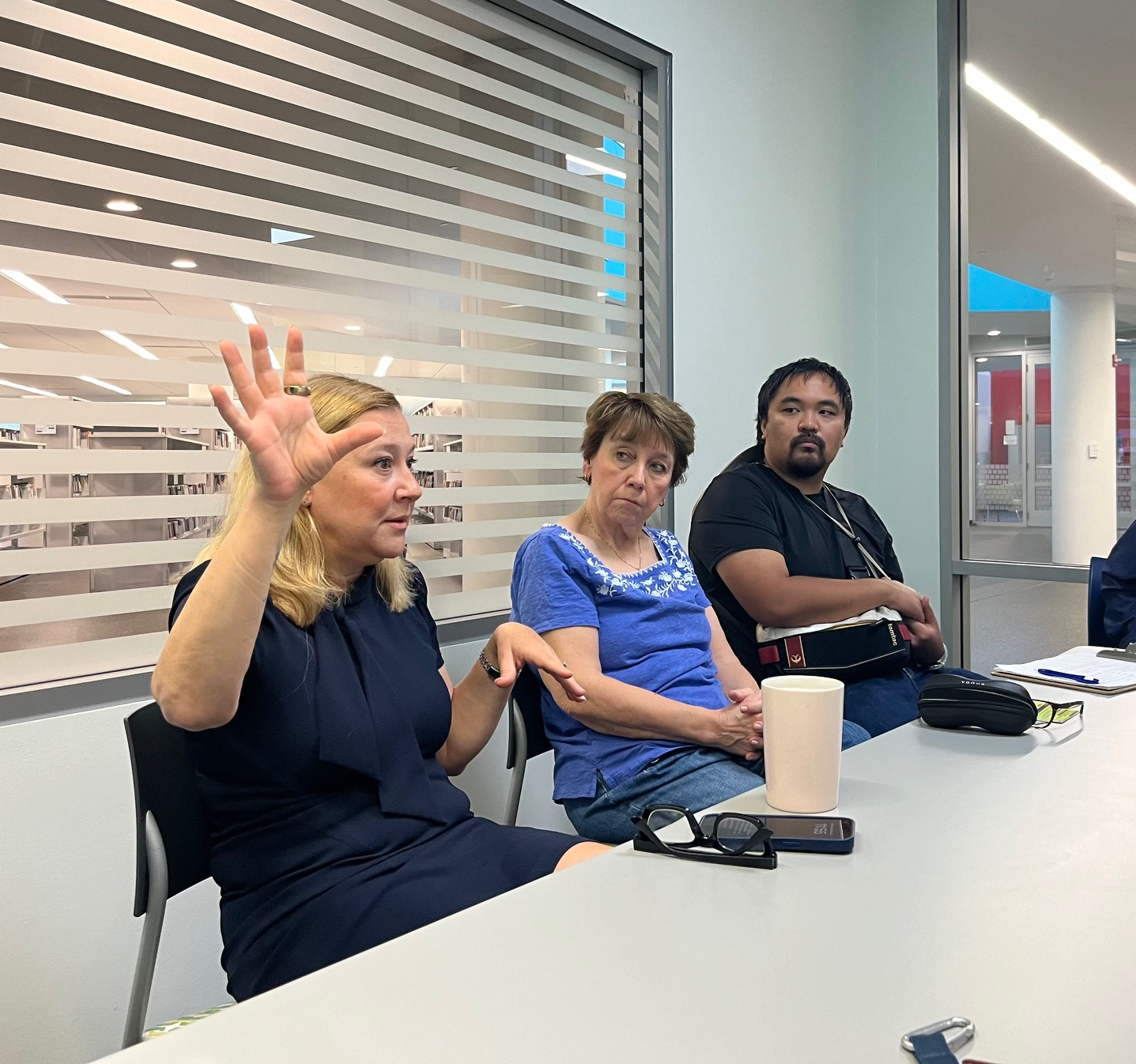 Community Conversations Community Conversations
On Monday, September 29, our office joined community members at the Poplar Creek Library to hear their concerns and calls for action in Illinois. Residents opened the conversation by sharing concerns about immigration enforcement in our neighborhoods and how fear shapes communities and choices. We also discussed the anxiety surrounding federal Medicaid cuts and how these changes threaten access to essential health care for low-income families. I had the opportunity to share how the House Medicaid Working Group is addressing Medicaid cuts and to discuss legislation before the General Assembly to address disproportionate ICE tactics.
|
|
|
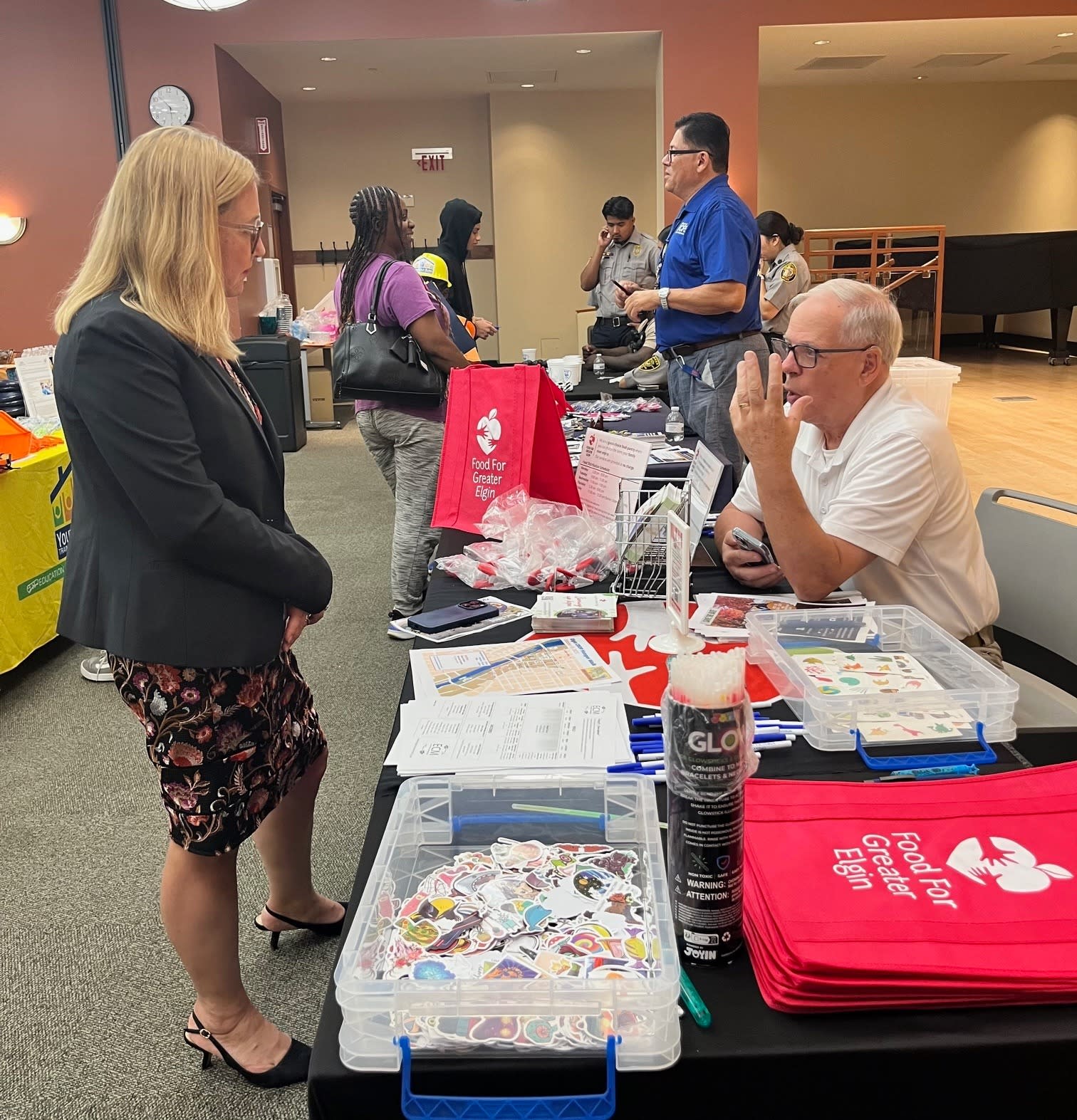 Annual Youth Fair Annual Youth Fair
On October 2, we hosted our third annual Youth Resource Fair at the Gail Borden Public Library, bringing together community organizations, educators, and local leaders who share our dedication to supporting young people. The event offered students and families access to valuable resources, guidance, and opportunities that promote education, personal growth, and community engagement. We are deeply grateful to the Gail Borden Library and all our incredible community partners for their collaboration and commitment. Investing in our youth is a responsibility we all share—one that strengthens our future and empowers the next generation to thrive. This fair reflected our community’s collective effort to uplift, educate, and inspire young people to reach their full potential.
|
|
|
 Visiting Washington Elementary Visiting Washington Elementary
On October 24, we had the pleasure of visiting the 4th-grade classes at Washington Elementary for a civics lesson. I shared what it means to serve as a State Representative and how I work to address issues facing our community and state. The students were engaged, curious, and full of great ideas! A big thank-you to Washington Elementary and the 4th grade team for welcoming us.
|
|
|
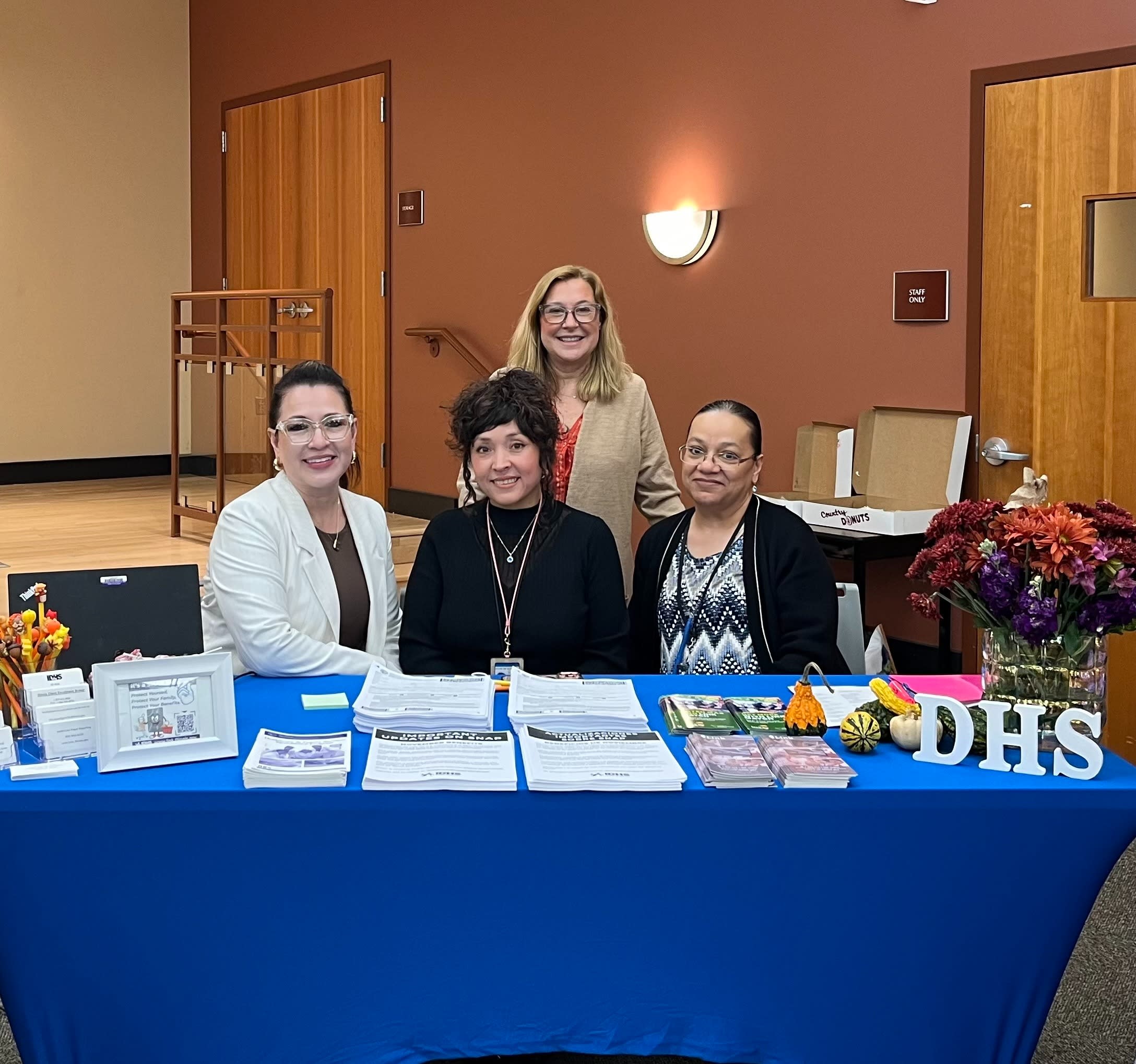 I-Stop I-Stop
On October 25th, our office hosted a successful Mobile DMV and “I Stop” event, drawing over 60 community members. Residents accessed a variety of essential services, including vehicle registration and licensing, as well as support from financial, professional, and social service agencies—all in one convenient location. Staff from the Illinois Secretary of State, the Department of Financial and Professional Regulation, the Illinois State Treasurer, the Illinois Department of Transportation, the Illinois Department of Human Services, and the Illinois Department on Aging joined us to provide services and guidance directly to attendees. By bringing these resources to the community, our office and state partners helped residents save time, access critical support, and engage with state services more efficiently.
A special thank-you to the Gail Borden Library for providing us with space to offer these essential resources in an accessible, convenient way.
|
|
|
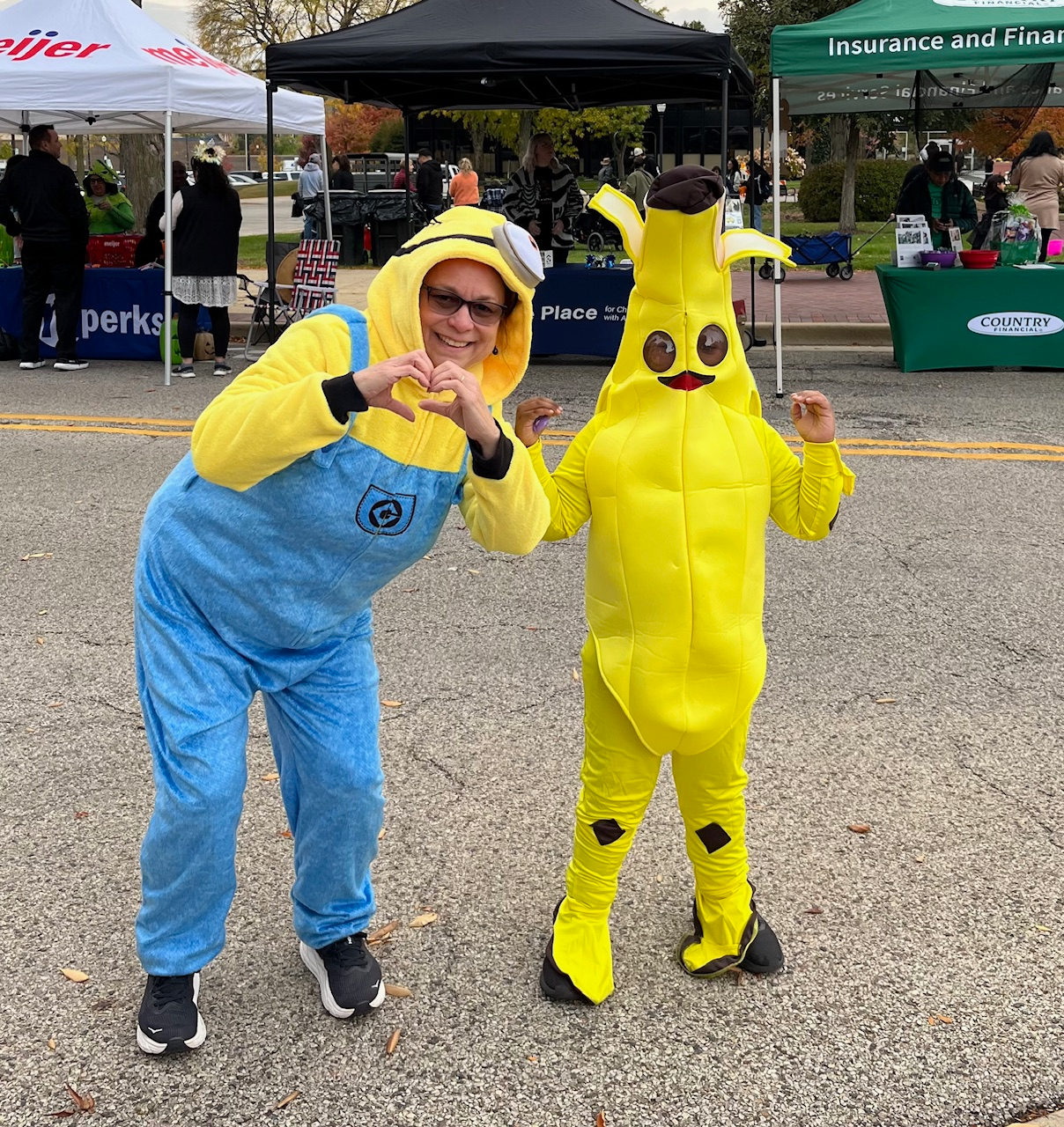 Halloween Fun! Halloween Fun!
On October 28th, our office was thrilled to join the Elgin Police Department for their annual Halloween Extravaganza. The community came together for a fun-filled evening featuring Trick-or-Treating, games, and plenty of seasonal treats. Families and neighbors enjoyed a safe and festive event, made even more enjoyable by the perfect fall weather. Our team had a wonderful time connecting with residents and celebrating the holiday alongside local law enforcement. We want to thank the Elgin Police Department for organizing another memorable and safe event that brought the community together. Nights like these highlight the importance of strong community connections and create lasting memories for children and families alike. We were proud to be part of such a joyful evening and look forward to supporting future events that celebrate the spirit of Elgin. 🎃 |
|
|
|
 Relief for Homeowners Relief for Homeowners
Illinois Housing Help offers support for renters, landlords, and homeowners facing financial hardship. While the main rental program (ILRPP) is currently closed, other assistance options are still available, including the following:
Court-Based Rental Assistance for up to $10,000 for back rent + court fees, legal aid for renters facing eviction, foreclosure prevention with counseling & mediation for homeowners, and Illinois' Affordable Housing Search Tool.
Programs are available through state agencies like IHDA, IDHS, and DCEO. Income limits and eligibility vary. Learn more or apply at IllinoisHousingHelp.org.
|
|
|
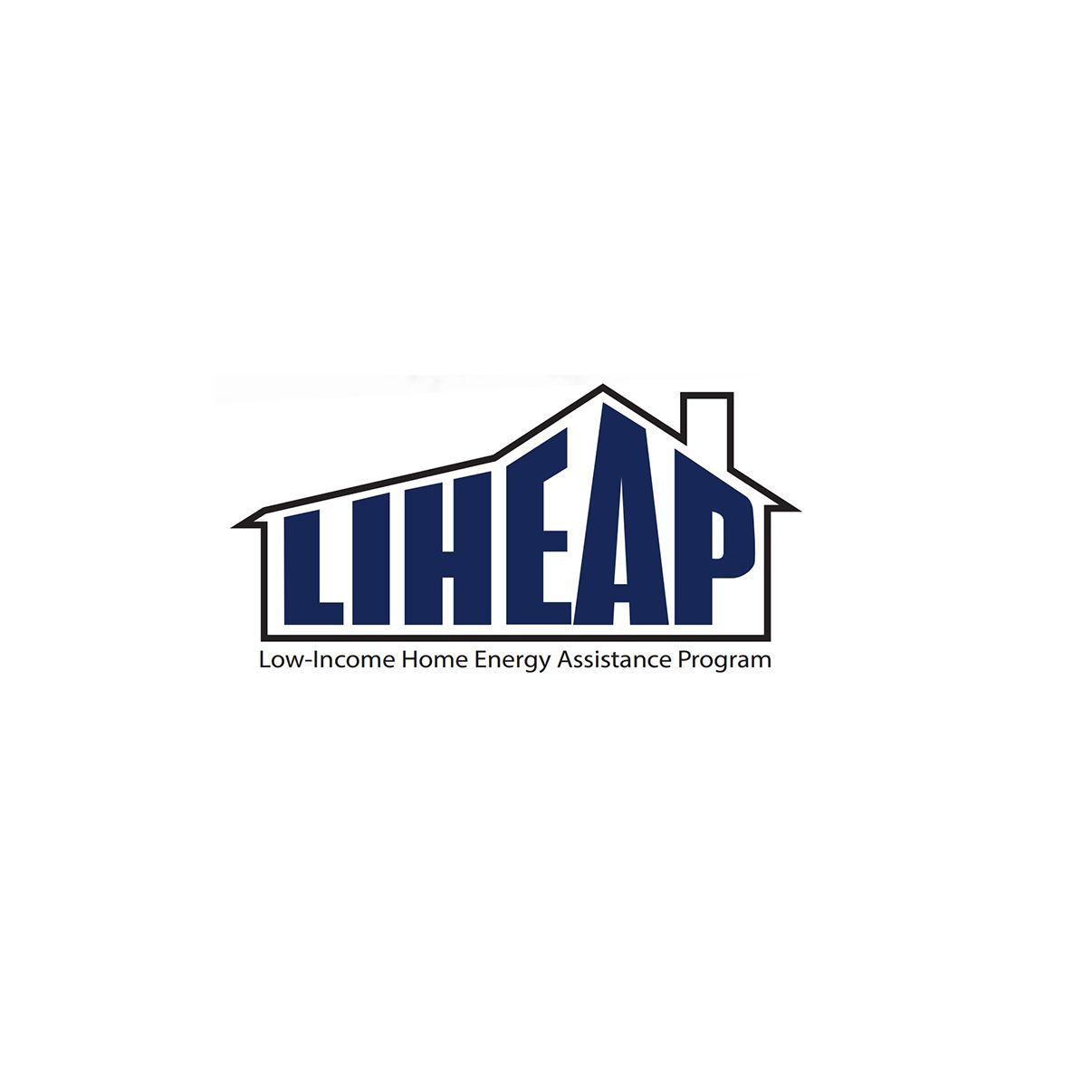 Keep Warm this Winter Keep Warm this Winter
Winter months should bring warmth, not worry. Choosing between utilities and essentials shouldn’t be an option. The Low-Income Home Energy Assistance Program (LIHEAP) is available to Illinois households struggling to pay their energy costs. If your income falls under the state’s eligibility guidelines, you may qualify for help.
Visit https://dceo.illinois.gov/communityservices/utilitybillassistance.html for information on where to apply, FAQs, application statuses, and even appealing decisions. |
|
|
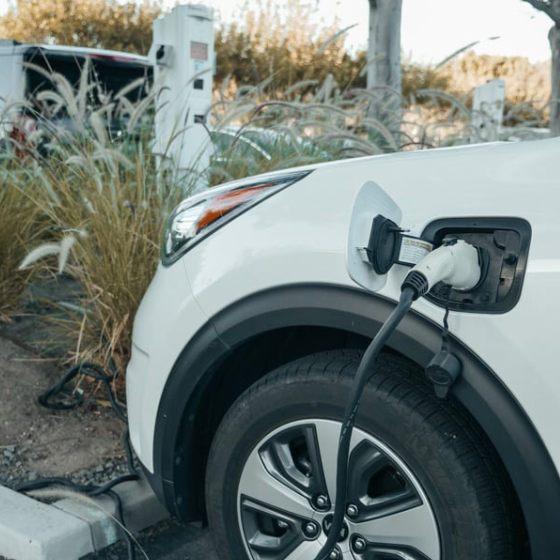 EV Rebates EV Rebates
The Illinois Electric Vehicle Rebate Program offers financial rebates to eligible Illinois residents who purchase a new or used fully electric vehicle. Rebates vary by income status: qualified low‑income applicants can receive $4,000, other eligible individuals can receive $2,000, and all eligible electric motorcycle purchasers can receive $1,500. To qualify, applicants must buy from a licensed Illinois dealership, register and keep the vehicle for a minimum of 12 months, ensure the vehicle’s purchase price does not exceed $80,000, and meet income limits up to 500 % of the federal poverty line. The next application period opened on October 28, 2025, and closes on January 31, 2026; applications must be postmarked within 180 days of the vehicle purchase. |
|
|
 Know Your Rights Know Your Rights
If ICE ever stops you or someone you love, know your rights, and know you’re not alone. The Illinois Coalition of Immigrant and Refugee Rights' 24/7 Family Support Hotline (1‑855‑435-7693) is here for you. You have the right to remain silent during questioning or arrest and the right to request an attorney. You are not required to discuss your immigration or citizenship status or sign documents you don’t understand.
If ICE comes to your home, remember they need a warrant signed by a judge to enter—you are not obligated to open the door and let them in just because they knock. Make a safety plan: share emergency contacts, school or childcare arrangements, document authorizations, and keep copies of important papers. If detained, consult a lawyer. ICIRR’s hotline is always ready to help.
Never post unverified information on social media or interfere with the investigation or otherwise put yourself in harm’s way. Visit https://www.icirr.org/ for more details. For local assistance, please call Centro de Información at 847-695-9050 or visit https://centrodeinformacion.org/conozcasusderechos.
|
|
|
Rep. Moeller's Upcoming Events |
|
|
| Our office is hosting a holiday toy drive in collaboration with Centro de Información, a not-for-profit social services agency serving the Latino and immigrant community. The toy drive will run from November 17th to December 5th. Individuals are encouraged to donate new and unwrapped gifts from the wish list below. More information can be found by calling (847) 841-7130 or emailing staterepmoeller@gmail.com. |
|
| State Representatives Anna Moeller and Nabeela Syed, as well as Hanover Township Assessor Khaja Moinuddin, are hosting a virtual Know Your Rights Presentation with Centro de Información on November 17th at 7 pm. Learn what to do if ICE or CBP approaches you by signing up at https://signup.com/go/ebUXTXw. The Zoom details will go out the week before the event. |
|
|

